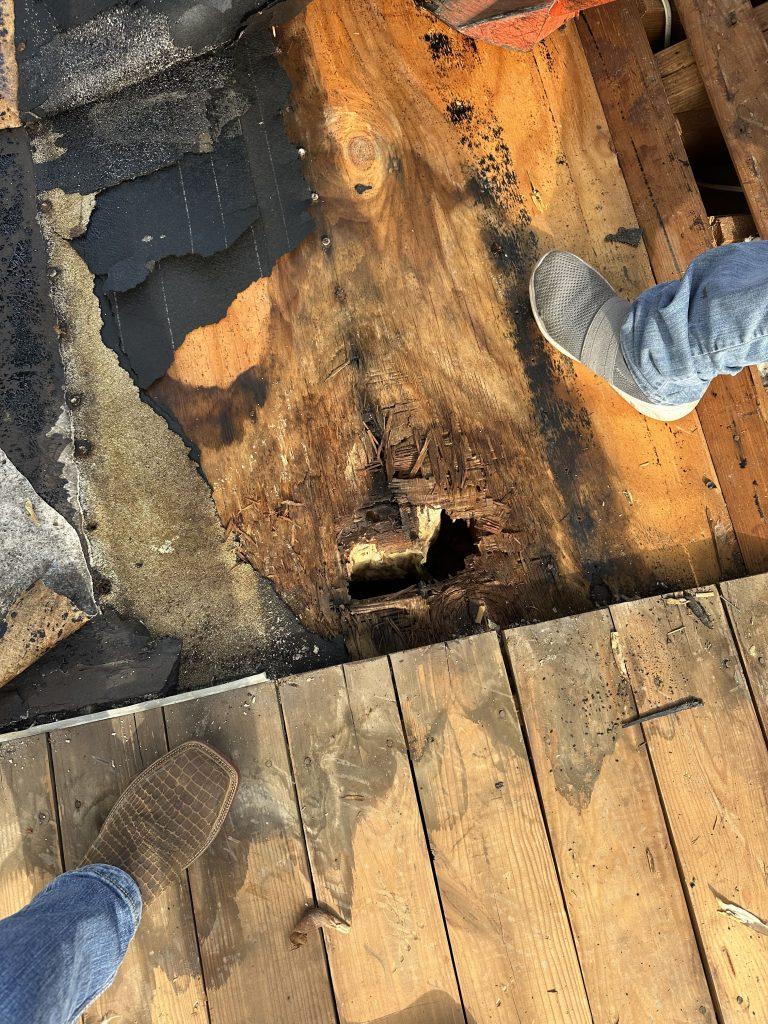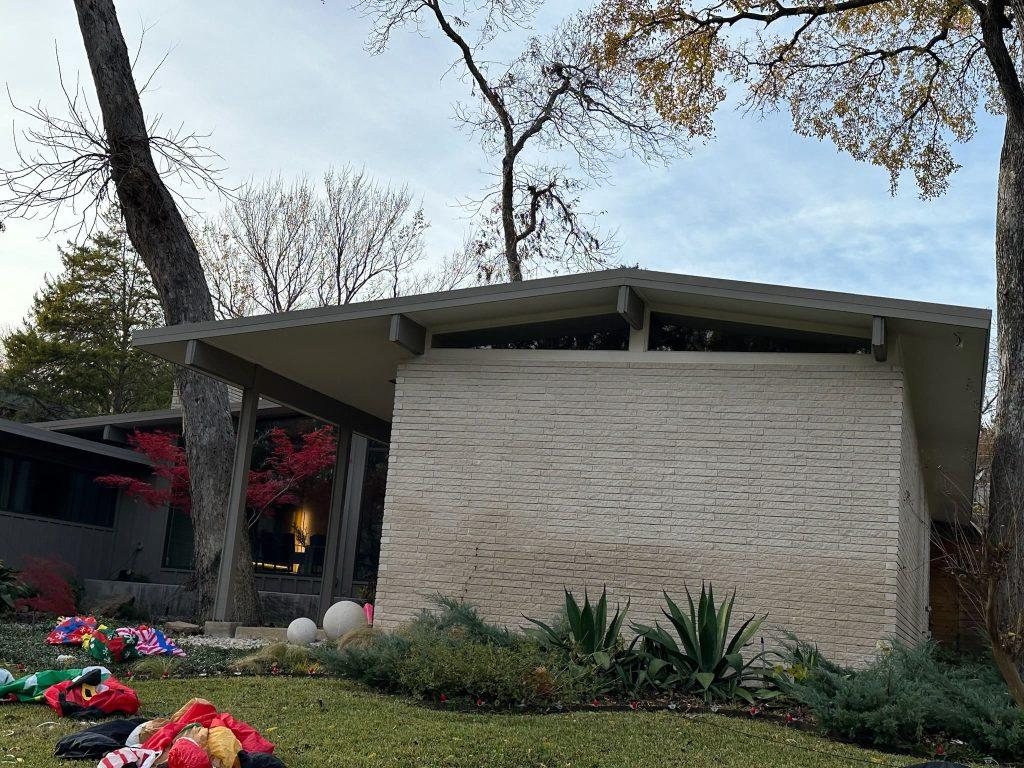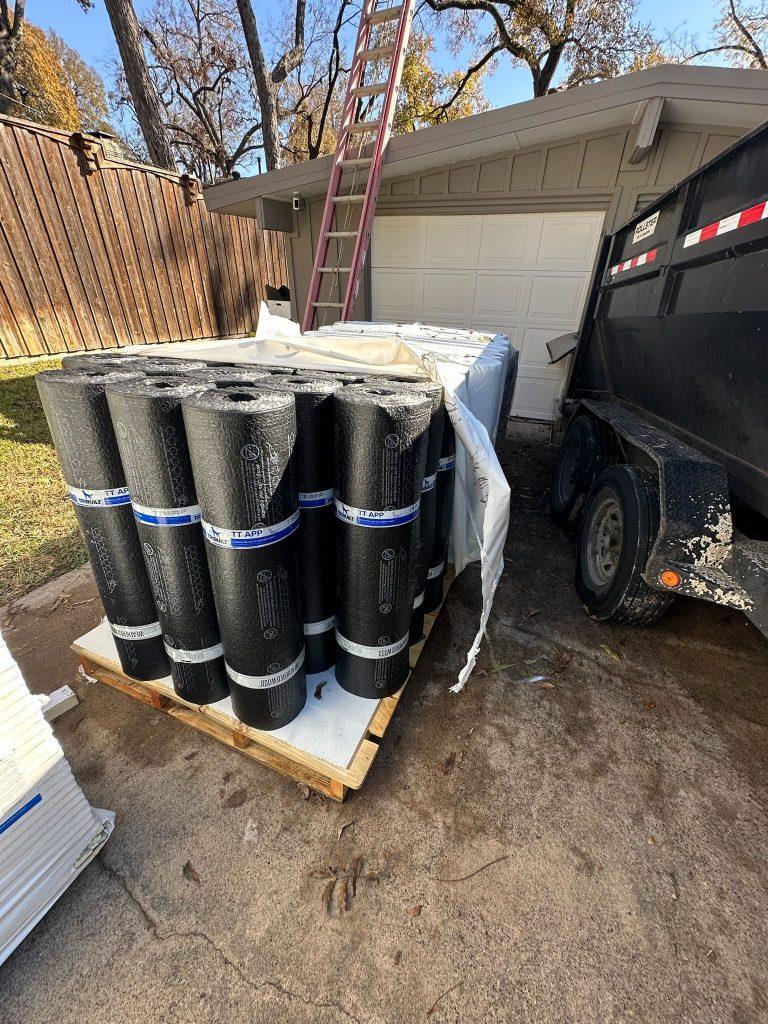10 Reasons to Replace Your Old Roof
10 Reasons to Replace Your Old Roof
- Age: Most roofs last 20–30 years; older ones risk failure.
- Frequent Leaks: Persistent water issues indicate roof deterioration.
- Missing Shingles: Extensive gaps expose your home to damage.
- High Energy Bills: Old roofs may lack proper insulation.
- Curb Appeal: A new roof enhances your home’s appearance.
- Storm Damage: Severe weather can compromise roof integrity.
- Moss or Algae: Excessive growth signals moisture retention.
- Sagging: Structural issues require immediate replacement.
- Granule Loss: Worn shingles lose protective granules.
- Increased Home Value: A new roof attracts buyers and boosts value.


Top 5 Factors Affecting Roof Replacement Costs
- Roof Size and Pitch: Larger or steeper roofs require more materials and labor.
- Material Choice: Asphalt shingles are cheaper than slate or metal.
- Labor Rates: Costs vary by region and contractor expertise.
- Roof Accessibility: Hard-to-reach roofs increase labor time and cost.
- Removal of Old Roof: Tear-off and disposal add to the total expense.
Top 7 Tips for Choosing a Roofing Contractor
- Check Experience: Look for at least 5–10 years in the industry.
- Read Reviews: Check online ratings on platforms like Yelp or BBB.
- Ask for References: Request contact info for past clients.
- Get Written Estimates: Compare detailed quotes from multiple contractors.
- Confirm Warranties: Ensure they offer labor and material guarantees.
- Avoid Storm Chasers: Choose local, reputable contractors over door-to-door offers.


Top 5 Roofing Materials for Storm-Prone Areas
- Metal Roofing: Resists high winds and hail, lasting up to 70 years.
- Impact-Resistant Shingles: Designed to withstand hail and debris impact.
- Concrete Tiles: Heavy and durable, ideal for hurricane-prone regions.
- Slate: Extremely strong and resistant to wind and heavy rain.
- TPO Roofing: Flexible and durable for flat roofs in stormy climates.
